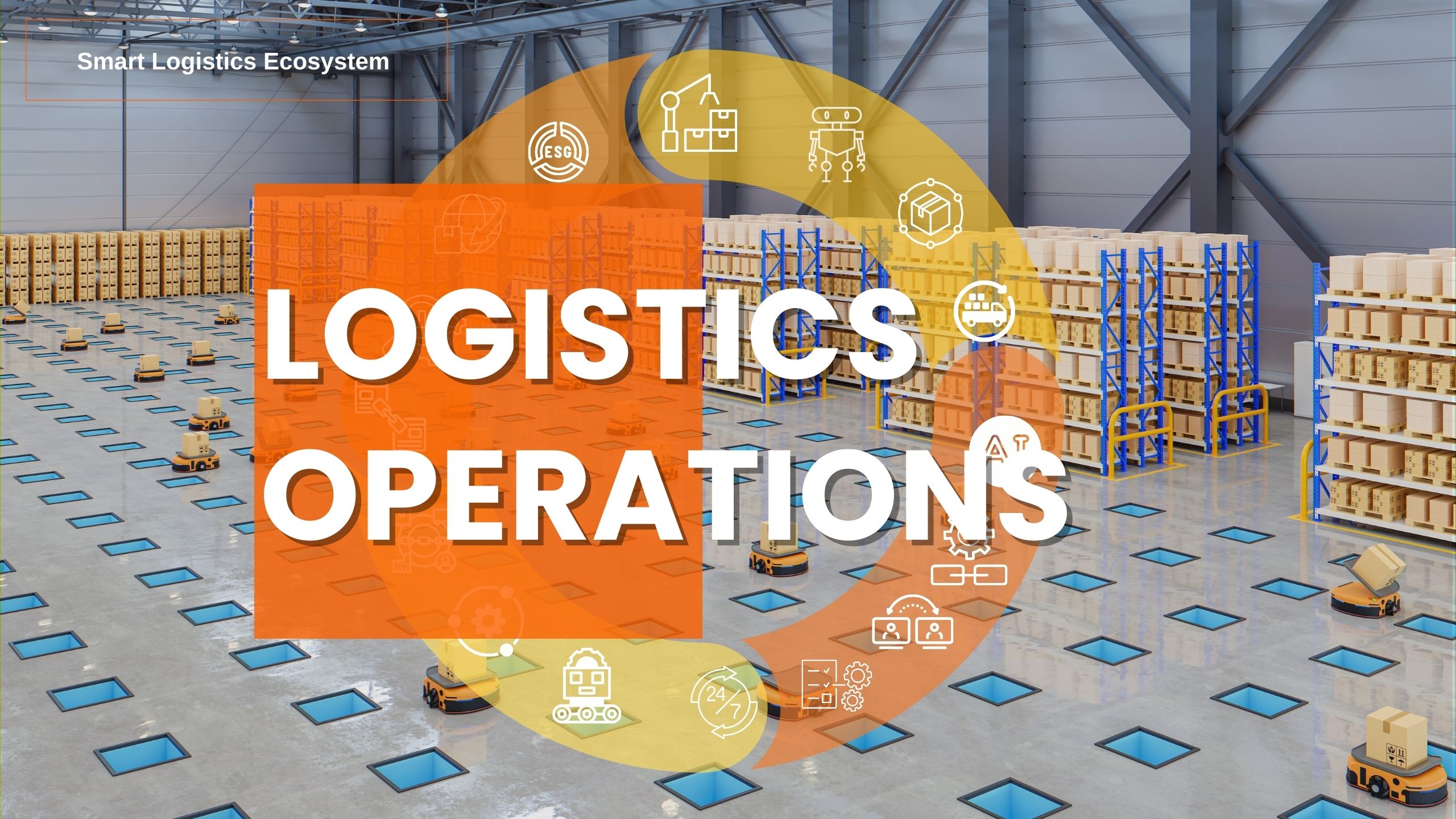AI automation optimizes the supply chain industry and creates new job opportunities
- March 18, 2024

Integrating artificial intelligence (AI) in the logistics industry has brought unprecedented precision, efficiency, and innovation to supply chain management. AI is reshaping how tasks are performed, data is managed, and customer service is delivered. It has the potential to predict future outcomes, balance supply and demand, and exceed customer expectations. AI is set to significantly impact several key areas in the supply chain industry, including warehousing and transportation, manual processes and workflow, and personalized customer service. AI algorithms optimize delivery routes, streamline warehouse operations, provide valuable insights through analytics, automate fulfillment and packing processes, enhance cross-docking operations, improve manual processes and workflow such as scanning and appointment scheduling, ensure end-to-end visibility with track and trace technology, and enable personalized customer service through chatbots and troubleshooting capabilities. While automation may displace certain jobs, it creates new opportunities, such as AI system trainers, maintenance technicians, and data analysts specializing in supply chain optimization. The ongoing development and adoption of AI in the supply chain industry drive innovation and ensure the resilience of global supply networks.
Read More: https://bit.ly/42keRKw
Other News
- All Post
- Greater Bay Alliance

The long-awaited Shenzhen-Zhongshan Bridge has finally passed its completion inspection on June 16th. This infrastructure marvel, comprising an underwater tunnel through the Pearl Riverbed and a cross-sea highway bridge, will connect the two cities and slash their travel time to just 30 minutes.

The 15th LET - a CeMAT Asia Event was officially unveiled recently, held for three consecutive days (May 29-31) at the Guangzhou China Import & Export Fair Complex.

Asset partners comprise capital investors and real estate providers with financial resources and physical logistics properties such as warehouses, logistics centers, and distribution centers. Both parties are driven by achieving long-term stable returns and asset appreciation, but they may need more experience in operating logistics assets.

With the increasing demand for online shopping, the logistics industry faces significant challenges and opportunities. To meet the growing needs, logistics operators must invest substantial funds in acquiring new logistics equipment, such as automation, intelligence, and digitization, to enhance operational efficiency and service levels. However, such investments can be a significant burden for many logistics operators.
